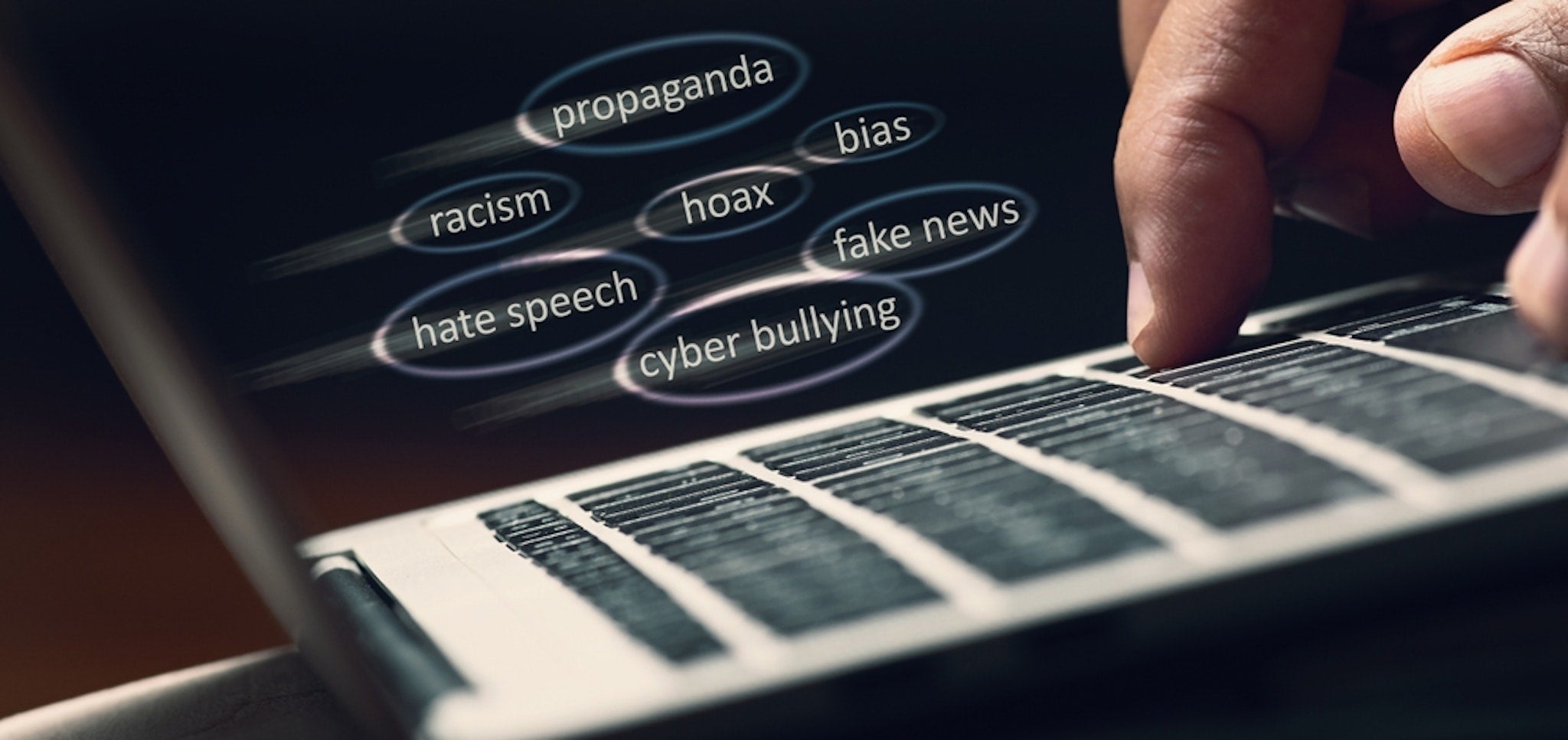Led by Sen. Mark R. Warner, reforms to Section 230 of the 1996 Communications Decency Act were reintroduced in Congress on Feb. 28.
Professor of Information Studies Ramesh Srinivasan has been a major supporter of The Safeguarding Against Fraud, Exploitation, Threats, Extremism and Consumer Harms (SAFE TECH) Act. The legislation would allow social media companies to be held accountable for enabling cyber-stalking, online harassment, and discrimination on social media platforms, and would force online service providers to address misuse of their platforms or face potential civil liability The Act was reintroduced Feb. 28 to the House and the Senate by U.S. Senators Mark R. Warner (D-VA), Mazie Hirono (D-HI), Amy Klobuchar (D-MN), Tim Kaine (D-VA), and Richard Blumenthal (D-CT), along with U.S. Reps. Kathy Castor (D-FL-14) and Mike Levin (D-CA-49.
Professor Srinivasan, who founded and directs the UCLA Digital Cultures Lab, voiced his support.
“I applaud the SAFE TECH Act introduced by Sens. Warner and Hirono which provides useful modifications to Section 230 of the 1996 Communications Decency Act to limit the potential negative impacts of commercial advertising interests while continuing to protect anti-harassment and civil and human rights interests of those who may be wrongfully harmed through wrongful online activity,” he said in a press release from office of Sen. Warner.
Professor Srinivasan is also a faculty member of UCLA’s Design Media Arts department. “Beyond the Valley: Beyond the Valley: How Innovators around the World are Overcoming Inequality and Creating the Technologies of Tomorrow,” published by MIT Press, was named by Forbes as a Top Ten Tech Book in 2019. Other publications include “After the Internet” (with Adam Fish), published by Polity Press. Srinivasan served as a national surrogate for Senator Bernie Sanders’ 2020 presidential campaign and as an Innovation policy committee member for President Biden.
